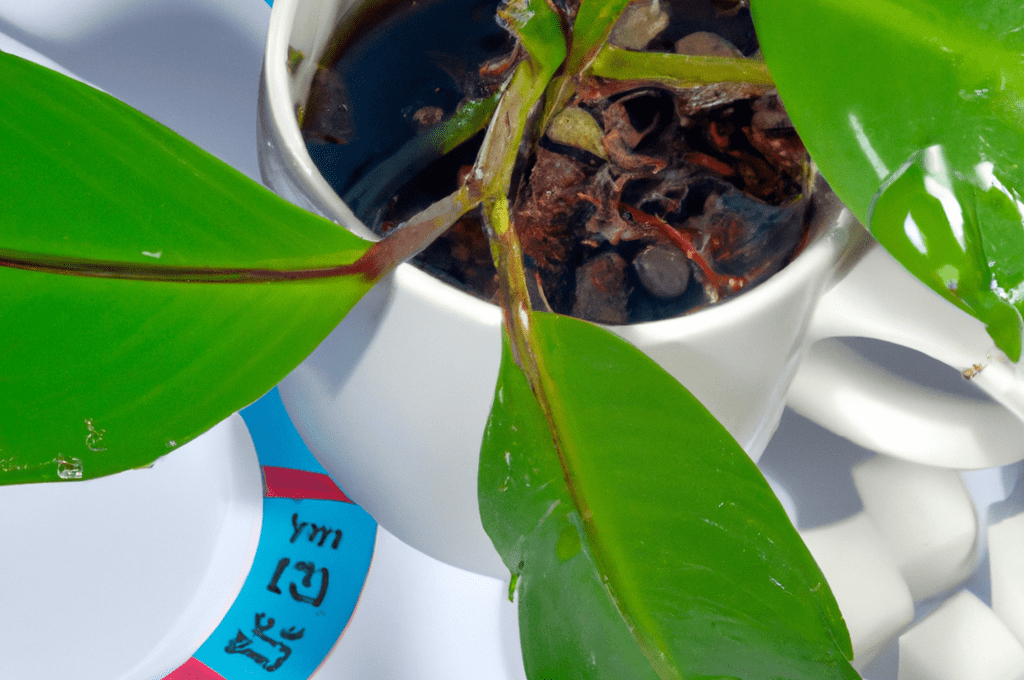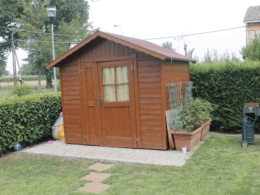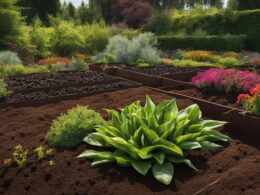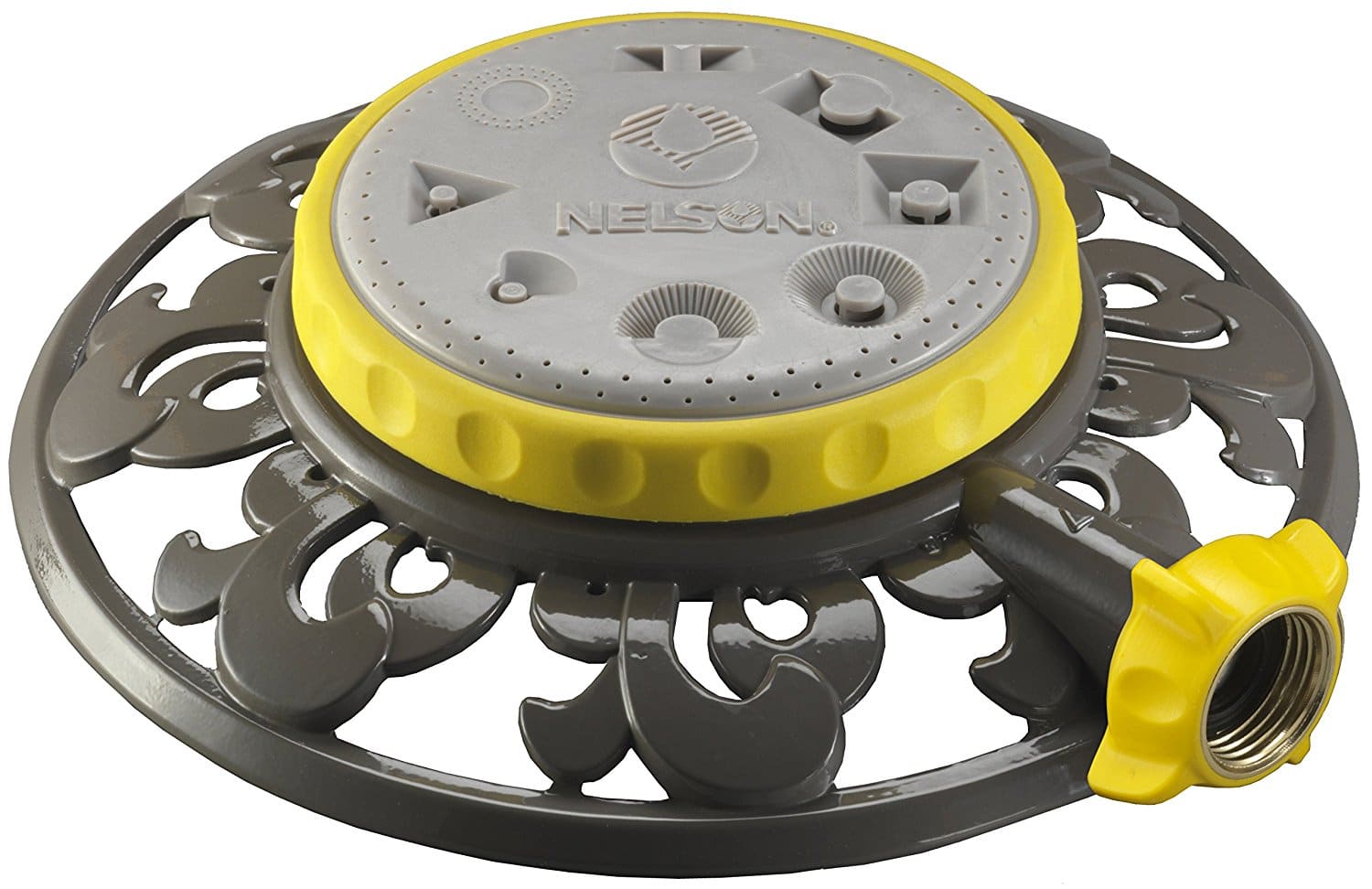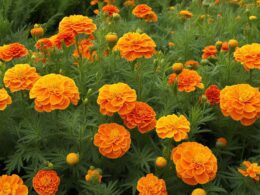Are you looking for a natural way to give your plants a boost? You may have heard of using sugar water as a gardening tip, but is it really effective? Before you start pouring sugar into your watering can, it’s important to understand the effects of sugar water on plants.
In this article, we will explore whether sugar water is a boost or bust for your plants. We’ll take a look at the benefits and drawbacks of using sugar water, how to make it at home, and how to use it safely on your plants.
By the end of this article, you’ll be equipped with the knowledge you need to make an informed decision about whether sugar water is right for your garden. So, let’s dive in and find out if sugar water is a sweet solution for your plants.
Quick Summary
- Sugar is important for plant growth and development, but too much can be harmful.
- Sugar water can provide a short-term boost to young plants during stressful developmental stages.
- Sugar water should be used with caution and is not a substitute for providing plants with sunlight, water, and nutrients.
- Brown sugar is a better option than white sugar for making sugar water.
Effects on Plant Growth
If you’re wondering about the effects of sugar water on plant growth, it’s important to keep in mind that sugar is necessary for plants to develop and thrive. Sugar supports a plant’s transpiration and respiration, and is necessary for the formation of new cell walls and tissues.
In fact, sugar levels in a plant trigger flowering. However, it’s important to note that too much sugar water can cause issues like yellowing leaves and sparse blooms. The key is to maintain the right sugar water concentration, which is why it’s recommended to use sugar water on plants once every one to two weeks.
Using sugar water on plants can give young plants the boost they need during stressful development stages. But it’s important to use caution and not rely on sugar water as a substitute for providing plants with sunlight, water, and nutrients.
It’s also important to note that sugar water is not as effective on mature plants. Plants naturally regulate sugar production to suit the needs of their developmental stages, and too much sugar in the soil can cause a reverse osmosis condition. So, while sugar water can be a good option during the seedling and juvenile stages, it’s important to use it in moderation and in combination with other gardening techniques.
Can Too Much Sugar Water Harm Plants Like Coffee Grounds?
Excess sugar water can be detrimental to plants, just like too much coffee grounds for plants. While plants require some sugar for energy, an imbalance can lead to an overgrowth of harmful bacteria and fungi. Similarly, an excessive amount of coffee grounds can alter the pH levels of soil and adversely affect plant growth. It is important to maintain a balanced and moderate approach when providing nutrients to plants.
Making Sugar Water
You can easily create a homemade mixture by boiling 32 ounces of liquid and adding a quarter cup of brown sugar. This sugar water solution can be used on plants once every one to two weeks during the seedling and juvenile stages.
However, if you’re looking for sugar water alternatives or DIY plant boosters, there are other options available. One alternative is to use molasses, which contains a higher concentration of nutrients and minerals compared to sugar.
Another option is to use compost tea, which provides a natural source of nutrients and beneficial microorganisms. Additionally, you can create a homemade fertilizer using banana peels, eggshells, and coffee grounds.
These alternatives can provide a healthier and more sustainable option for supporting plant growth.
Cautions and Considerations
When using sugar water as a gardening technique, it’s important to remember that it should be used with caution and not as a substitute for proper plant care.
While sugar water can provide a boost to young plants during stressful development stages, too much sugar can cause a reverse osmosis condition in the soil and lead to plant failure.
It’s important to note that sugar water is not as effective on mature plants, as they naturally regulate their own sugar production to suit their developmental stages.
To avoid soil implications, it’s recommended to offset the use of sugar water with plain water. Using sugar water on plants should be a last resort option after other techniques have failed.
Remember that sugar water is not a substitute for providing plants with the proper care they need to thrive, and caution should be exercised when using it as a gardening tip.
Frequently Asked Questions
Can sugar water be used on all types of plants?
Not all plants are compatible with sugar water. Plant compatibility depends on the plant’s ability to absorb nutrients. Research the plant’s specific needs and consult a gardening expert before using sugar water.
Is there a specific time of day that sugar water should be applied to plants?
The best time to use sugar water on plants is in the morning or evening when the temperature is cooler. Apply it once every one to two weeks during the seedling and juvenile stages to avoid over-saturation.
How long does it take to see results from using sugar water on plants?
You may start to see results from using sugar water on plants within a few days to a week, but measuring effectiveness can be difficult. Be cautious of potential drawbacks, such as yellowing leaves and wilting.
Can sugar water be used on outdoor plants during the winter months?
Winter gardening can be challenging, but alternative plant fertilizers like sugar water can be used sparingly. However, it’s important to keep in mind that plants may not be as receptive to it during colder months.
Is there a specific type of brown sugar that is best for making sugar water for plants?
For optimal plant growth, use dark brown sugar types when making sugar water. This type of sugar has more molasses, providing plants with essential nutrients for absorption. Use sugar water sparingly and in conjunction with plain water.





